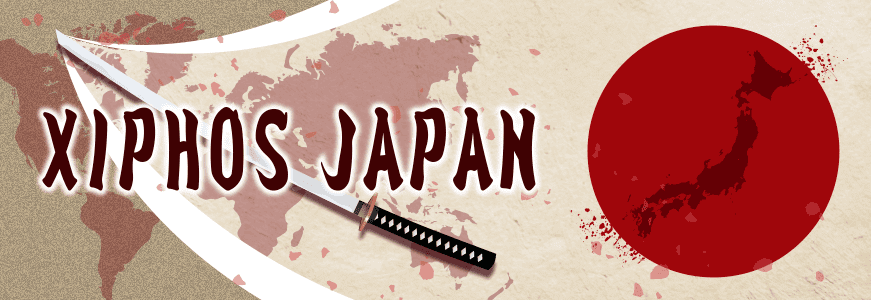 Corona has been topping the news every day in Japan, and I can’t deny that I’m a little bored. With the increase in the number of infected people, prefectures have once again applied the Law for the Prevention of Spread of Infectious Diseases and have once again set restrictions on behavior.
Corona has been topping the news every day in Japan, and I can’t deny that I’m a little bored. With the increase in the number of infected people, prefectures have once again applied the Law for the Prevention of Spread of Infectious Diseases and have once again set restrictions on behavior.
The economy, which had started to show some signs of movement after the adoption of the law to prevent the spread of the disease, is now in danger of being thrown into cold water again and the economy may slow down.
In any case, the government is faced with a difficult decision, whether to prevent infection or to focus on the economy.
Looking around the world, the focus is shifting from coronary containment to economic recovery with coronary disease.
The United Kingdom has made it clear that it will not implement large-scale measures to prevent the spread of coronas, including a lockdown, and Denmark has also issued a statement emphasizing the importance of the economy.
Australia’s basic policy is to allow foreign nationals to enter the country on condition that they are vaccinated against coronas, instead of the isolation policy that has been in place for the past two years.
This is due to the fact that Australia is currently experiencing an unprecedented labour shortage.
As you know, Australia is a nation of immigrants, made up of people from all over the world. Australia is a nation of immigrants from all over the world, and as the term “Aussie mind” suggests, the people are laid-back and easy-going, and to the surprise of the hard-working Japanese, many of them have little motivation to work.
It is also one of the world’s most expensive countries in terms of wages, in inverse proportion to the willingness to work.
This contradiction and gap was supported by foreign workers.
Wages in Australia are unthinkable in Japan, but they are still inadequate for local people, who tend to shy away from industries that locals don’t want to work in, especially physically demanding ones such as construction, logistics and food and drink.
However, even if the salary is not attractive to local people, it is still attractive to foreigners.
Many young people from Asia and other parts of the world come to Australia on student and working holiday visas.
The fact that their labour was the backbone of Australia’s industry has been eradicated by the two-year isolation of the country, albeit to prevent the spread of corona, highlighting the serious labour shortage in the country.
The shortage is particularly acute in the food and drink industry, which has been completely dependent on foreign labour, and many establishments are unable to open because of a lack of staff.
With elections coming up soon in Australia, the current government is not happy with this situation, as is the case in any country, and has introduced a massive deregulation of the foreign workforce.
One of these is the waiver of visa application fees for student visas and working holiday visas.
In order to stay in Australia, you will need to obtain a visa of some kind.
As the cost of living in Australia has risen, so has the cost of applying for these visas, and visa applicants have had to pay a not inconsiderable amount before entering the country. It seems that the country’s workforce is in such dire need that the government has decided to waive the visa application fee, which is an important source of income for Australia, albeit perhaps only temporarily.
Surprisingly, in recent years, Australia has become much stricter in granting work visas to foreign workers in order to protect local jobs.
One of these is the IELTS test, which requires a certain level of English language proficiency, but due to the shortage of workers in the country, there have been cases where work visas have been issued to those who have failed to achieve this score.
It is unclear how long these visa incentives will last, but if you take some action during this period, you may be able to enjoy better conditions in Australia.







